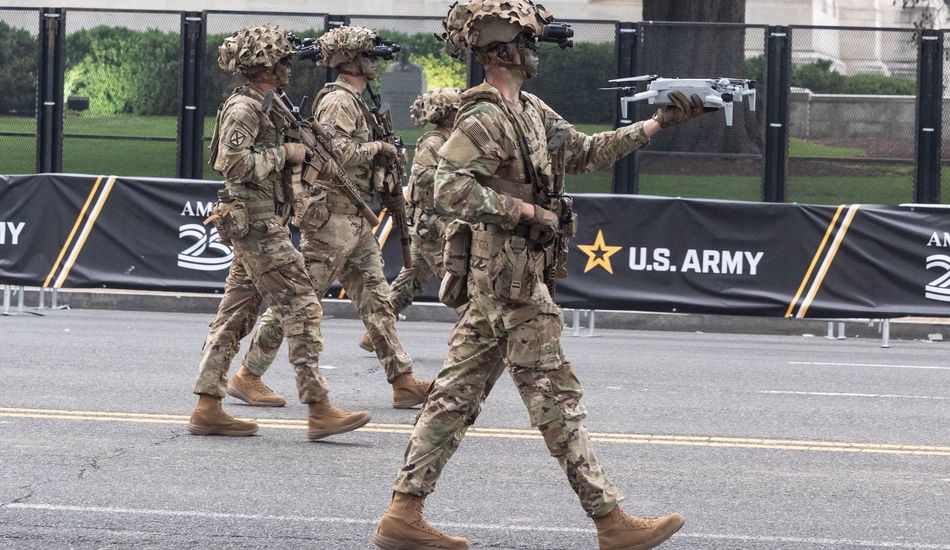
Silicon Valley Execs Join Army Reserve to Spearhead Tech Innovation
In a rather unprecedented move, the U.S. military has welcomed four high-profile executives from Silicon Valley's leading tech companies into the Army Reserve as direct-commissioned officers. This initiative aims to accelerate the integration of cutting-edge technology within the armed forces. However, unlike typical recruits, these individuals will bypass standard training protocols.
The newly appointed officers include Shyam Sankar, CTO of Palantir; Andrew Bosworth, CTO of Meta; Kevin Weil, Chief Product Officer of OpenAI; and Bob McGrew, an advisor at Thinking Machines Lab and former Chief Research Officer for OpenAI. All four will hold the rank of lieutenant colonel as part of Detachment 201: The Army’s Executive Innovation Corps.
Notably, these tech leaders will not be required to attend the Direct Commissioning Course at Fort Benning, Georgia, nor will they need to pass the Army Fitness Test. This expedited process underscores the Army's eagerness to leverage their expertise without the constraints of traditional military training.
The Army emphasizes that this is "just the start of a bigger mission to inspire more tech pros to serve without leaving their careers, showing the next generation how to make a difference in uniform.” Their primary role involves working on specific projects designed to deliver rapid and scalable tech solutions to complex challenges faced by the military.
While serving in the Army Reserve, these executives will dedicate approximately 120 hours per year, benefiting from significant flexibility and remote work options. Their focus will be on facilitating the Army's acquisition of commercial technologies. However, potential conflict-of-interest concerns arise, considering their ties to companies that could potentially bid on military contracts. The Army intends to prevent information sharing with their respective companies and involvement in projects that could yield financial benefits for them or their organizations.
Historically, Silicon Valley has maintained close ties with the U.S. military, particularly during the Reagan era when defense contracts generated substantial revenue. This alliance, however, has often been an uneasy one for consumer-facing tech companies.
Andrew Bosworth of Meta, reflected on this evolving dynamic, suggesting that a sense of patriotism, previously understated, is now emerging more openly within Silicon Valley. This shift coincides with the normalization of certain political views within the tech community.
Nevertheless, aligning too closely with specific political figures carries risks, potentially impacting the reputation of the companies these executives represent. Moreover, the association with the Army could prove precarious, especially in times of conflict. The public perception of such partnerships remains a critical factor for companies like OpenAI and Meta, which rely heavily on broad public support.
Source: Gizmodo